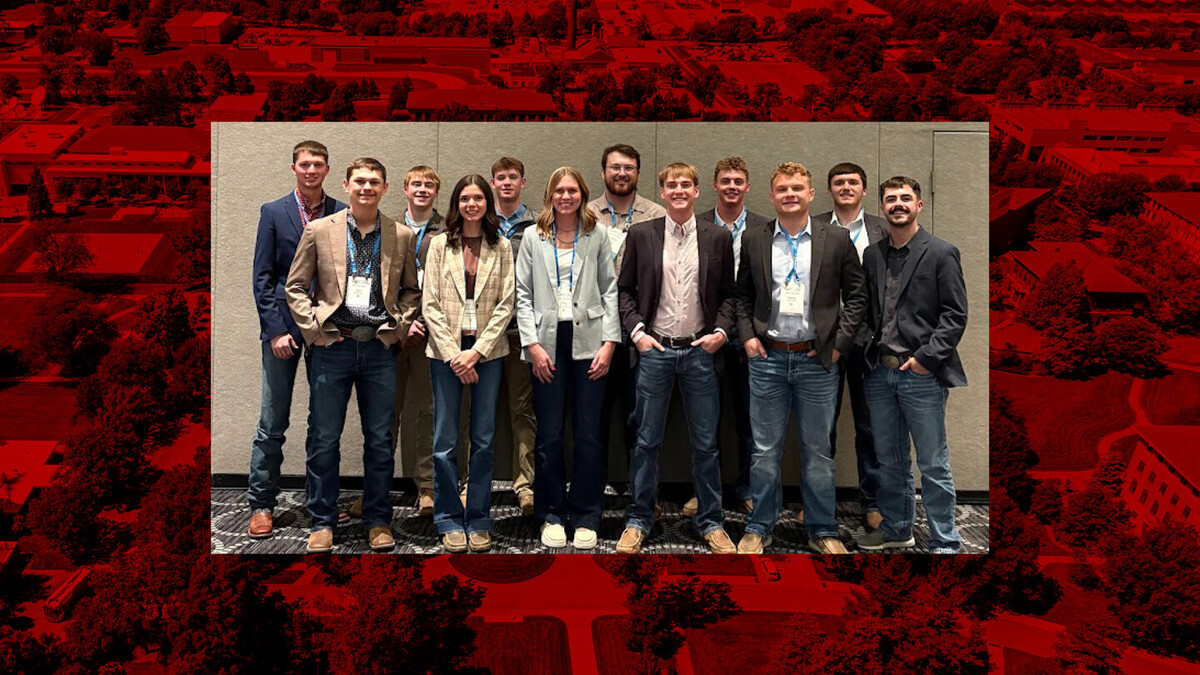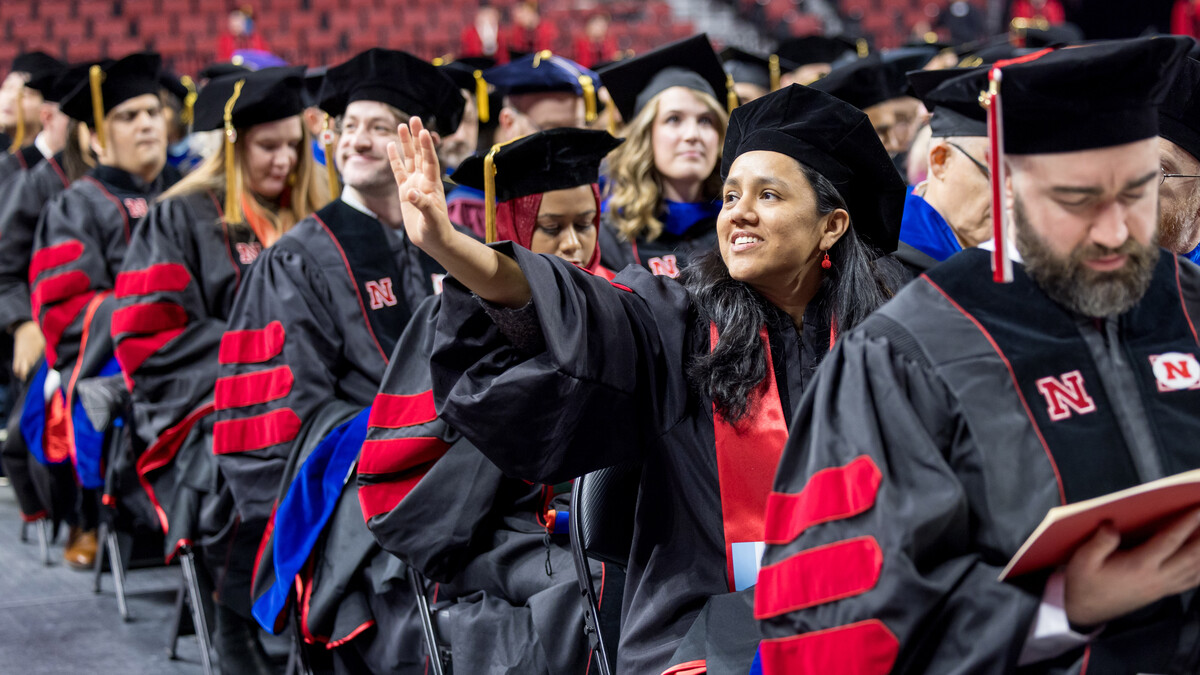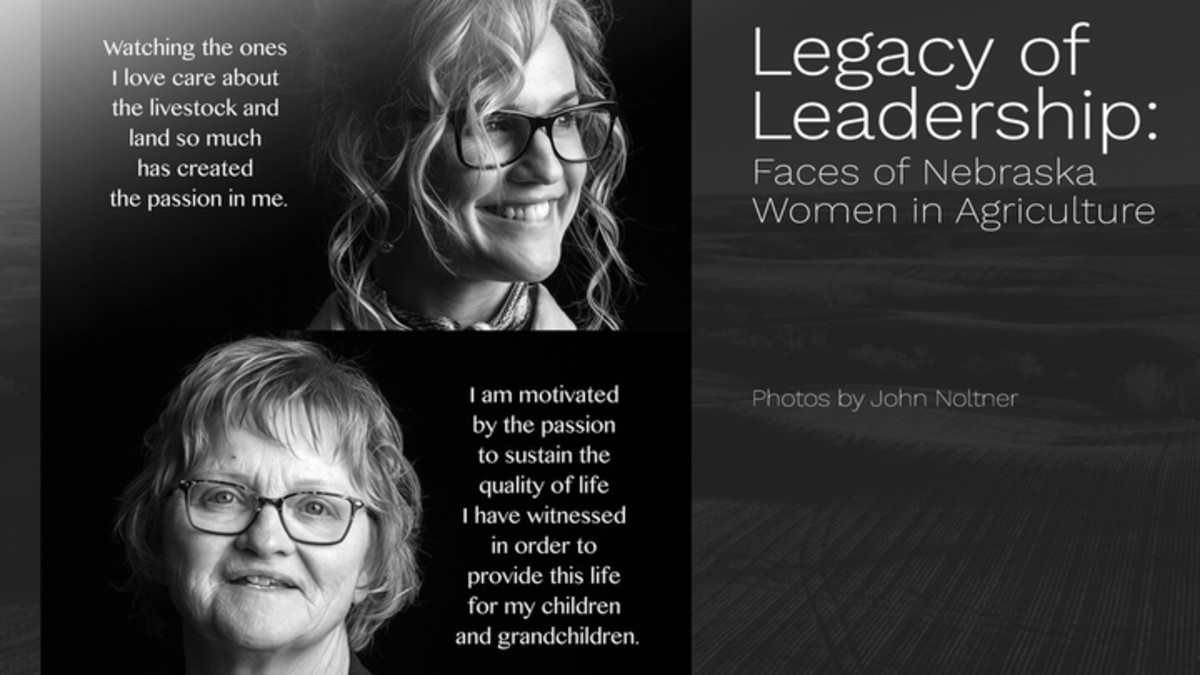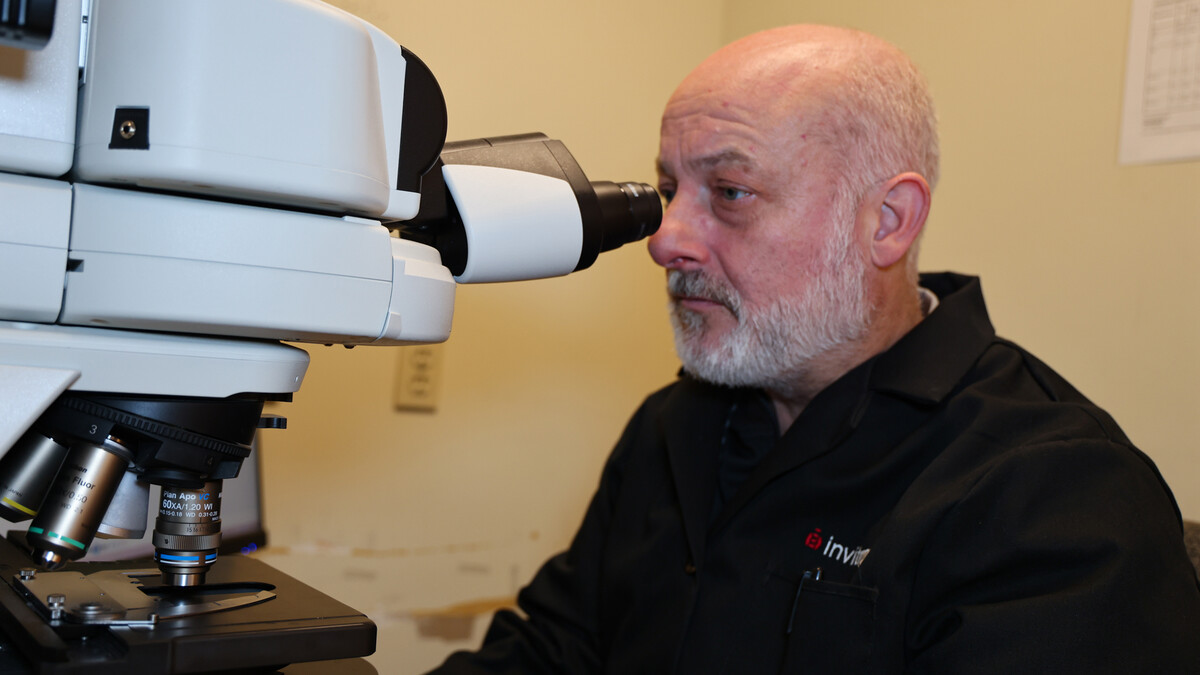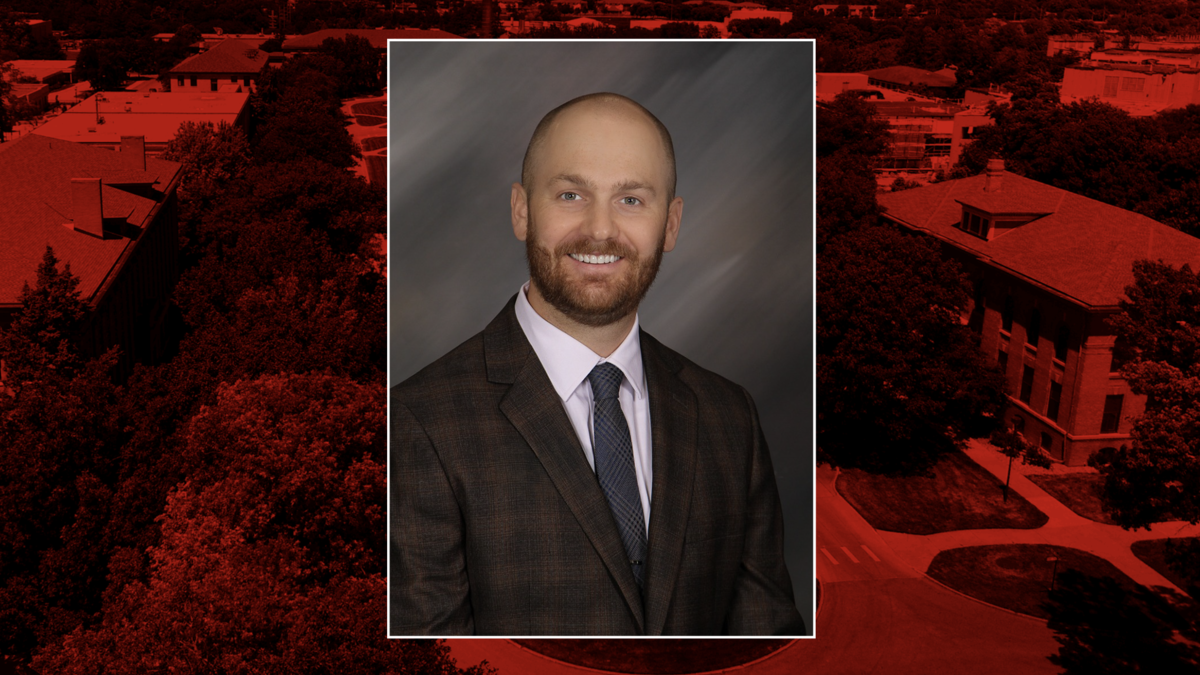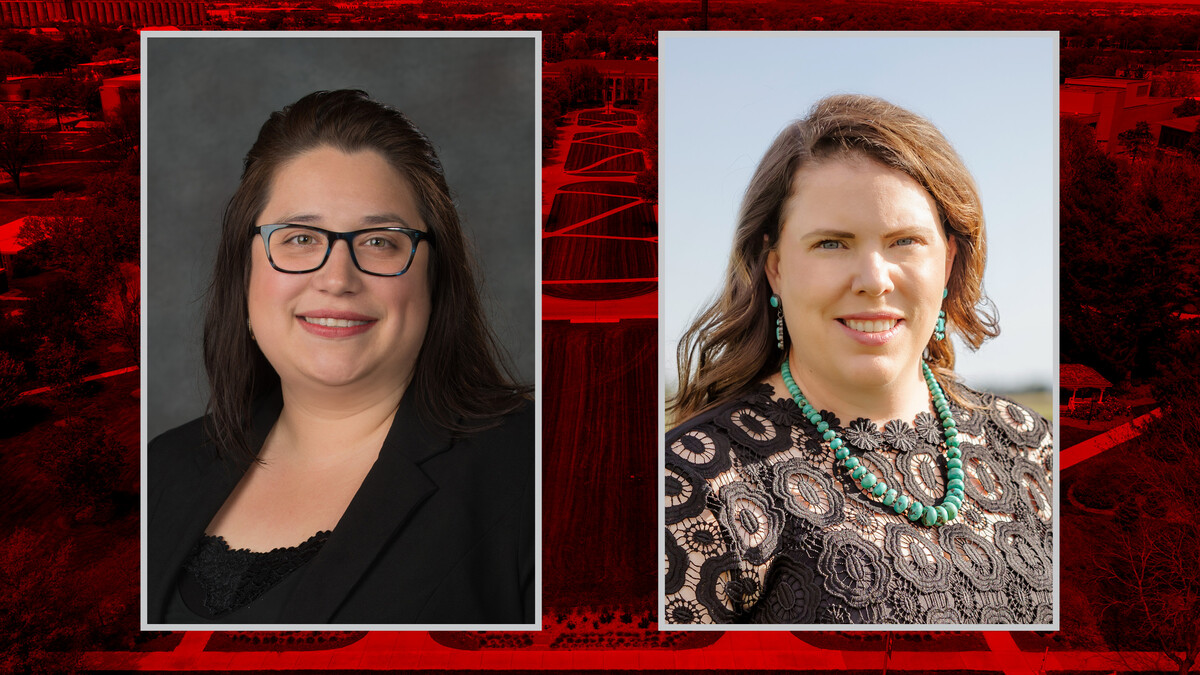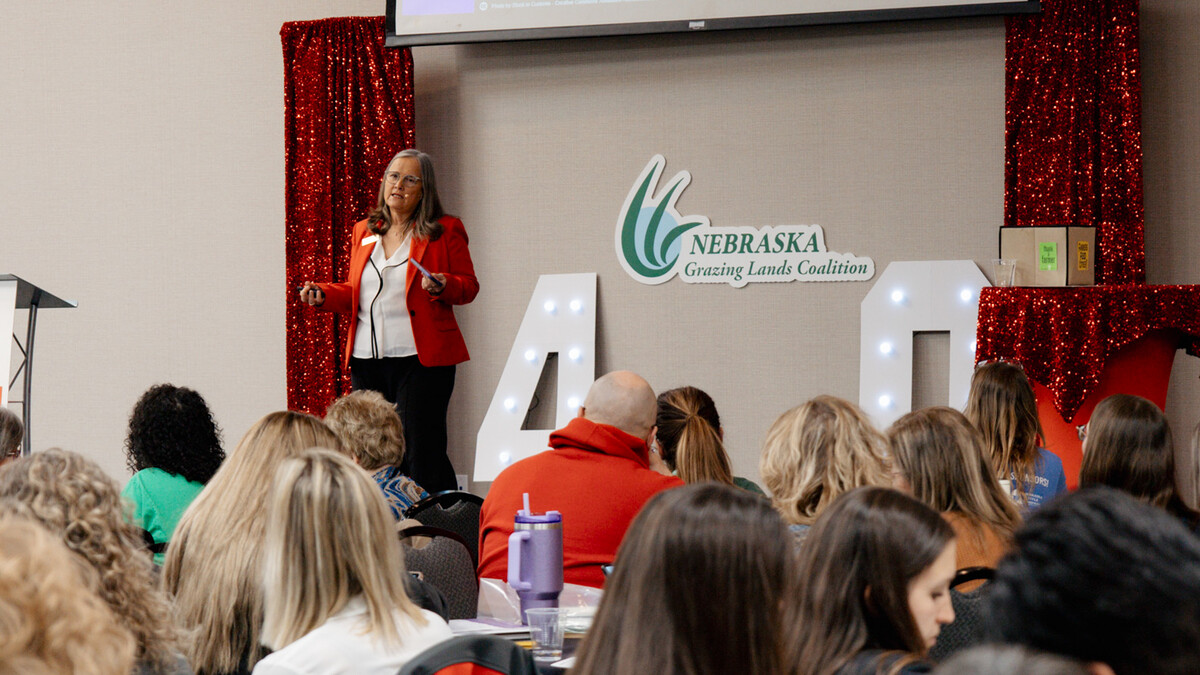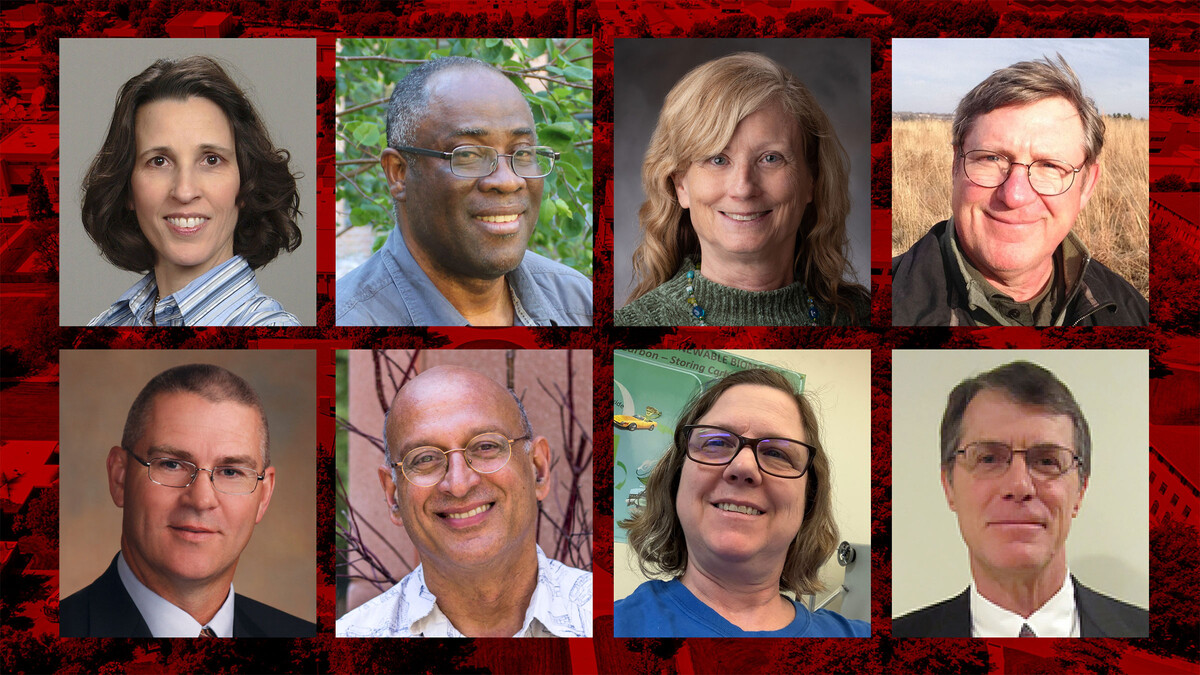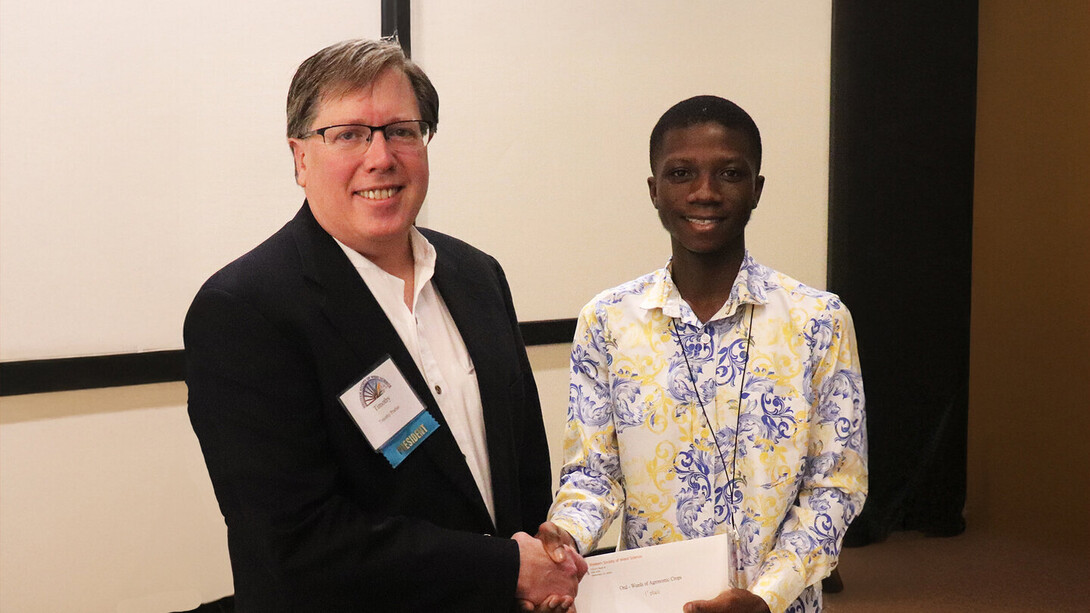
University of Nebraska-Lincoln Department of Agronomy and Horticulture graduate student Abraham Akuoko earned recognition in both graduate student presentation competitions at the 2025 Western Society of Weed Science Annual Meeting in Seattle, Washington. He took first place in the oral presentation category, "Evaluating Corn Herbicide Programs That Allow for Rotation to Dry Edible Bean and Sugarbeet," and third place in the poster presentation category for his project, "Establishing the Maximum Control Height of Common Lambsquarters (Chenopodium album) in Glufosinate-, Glyphosate-, and Dicamba-Resistant Sugarbeet in the Western United States."
“This is the second year Abraham has presented at WSWS, but his first time placing in the competition,” said Nevin Lawrence, his advisor and Nebraska Extension Weed Management Specialist. “Abraham has always excelled in coursework, writing and research, but was relatively new to professional public speaking. His progress over the past year has been outstanding — his success reflects his work ethic, determination and commitment to growth as a scientist. He has made phenomenal progress as a public speaker.”
Originally from Ghana, Akuoko is a second-year master's student in Lawrence’s Weed Science Program, where he focuses on managing herbicide-resistant Palmer amaranth in sugar beet using the novel herbicide metamitron. His research is already making a meaningful impact in the sugar beet industry across Nebraska and Colorado, helping to significantly reduce yield losses caused by Palmer amaranth interference.
The WSWS student contests offer participants an opportunity to sharpen their presentation skills and increase their visibility within the professional Weed Science community. Student presentations are judged by a panel of experts based on scientific merit and communication effectiveness.
